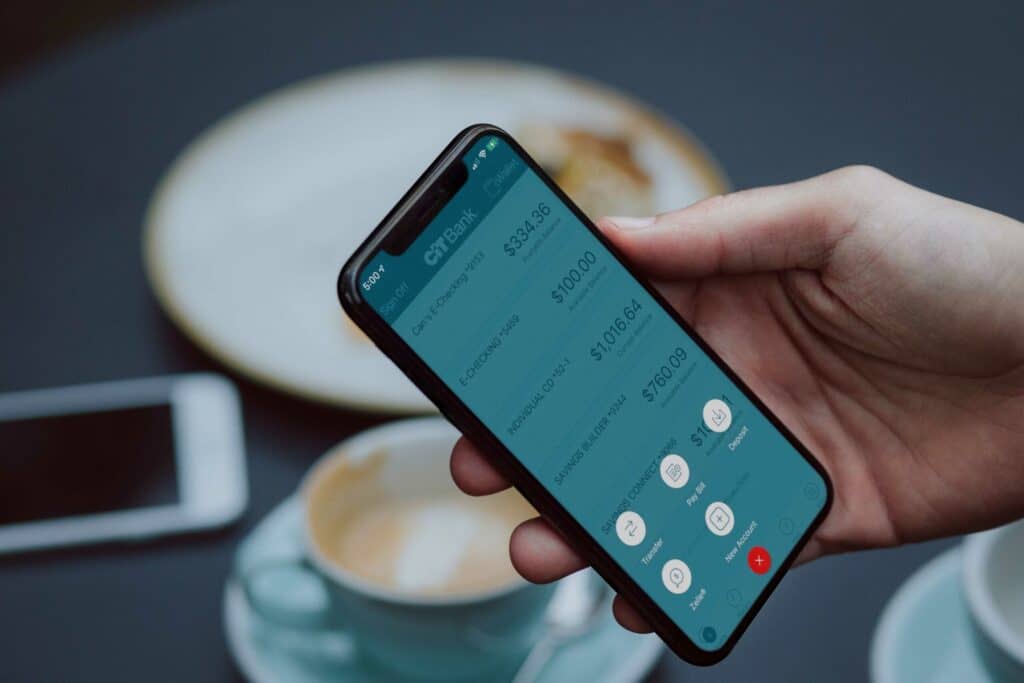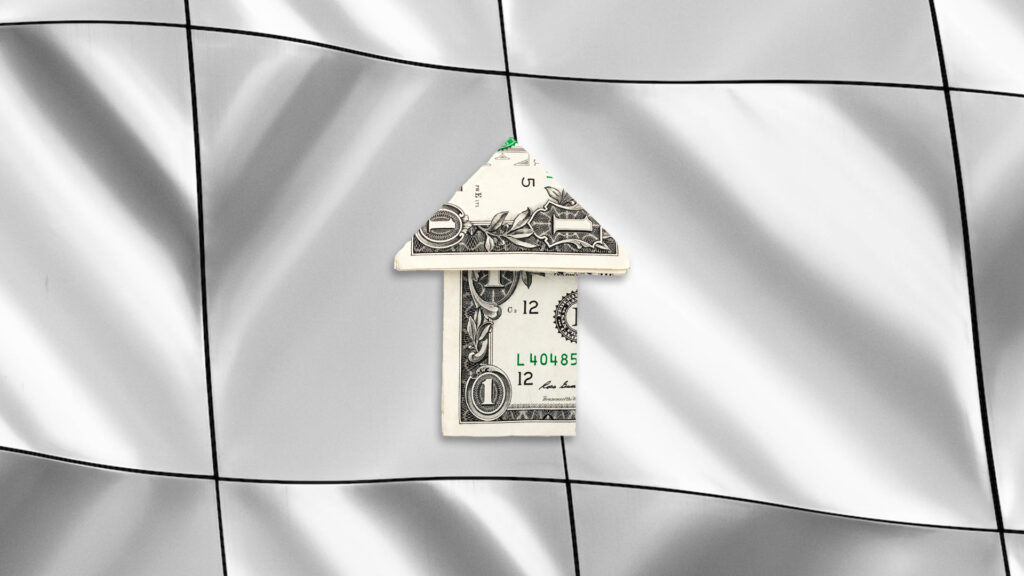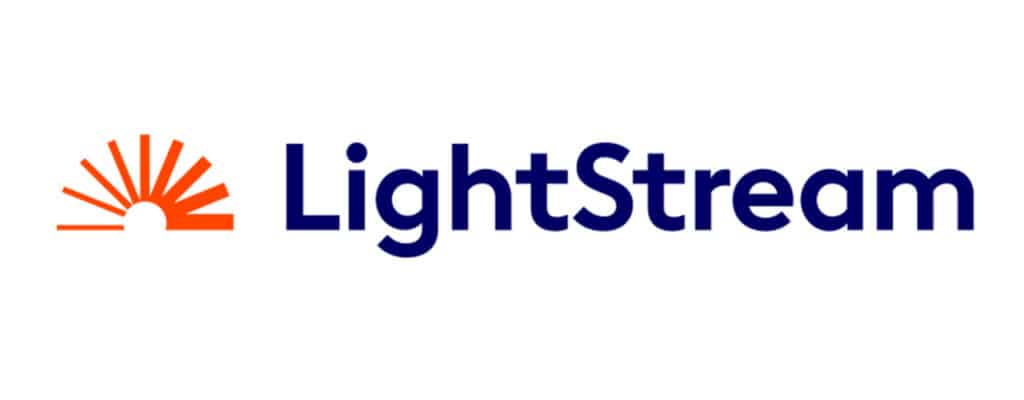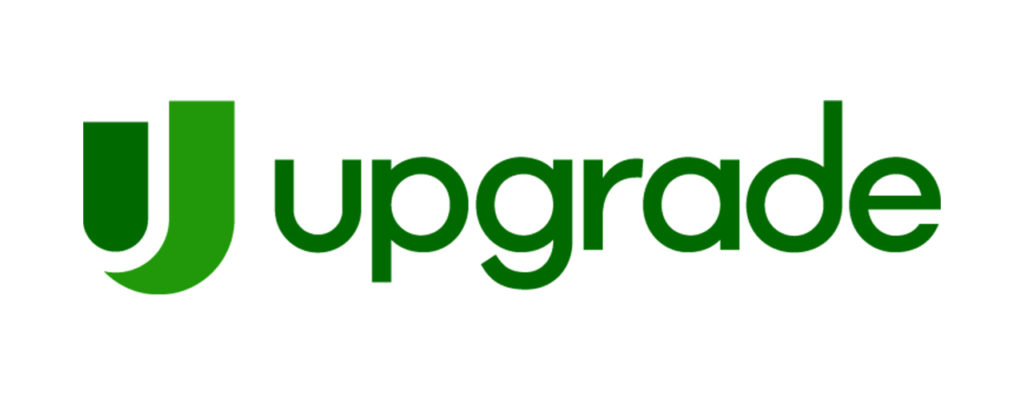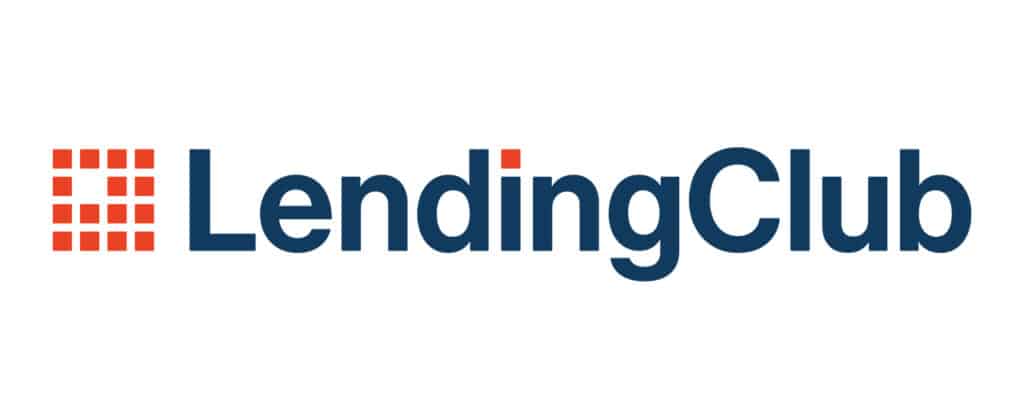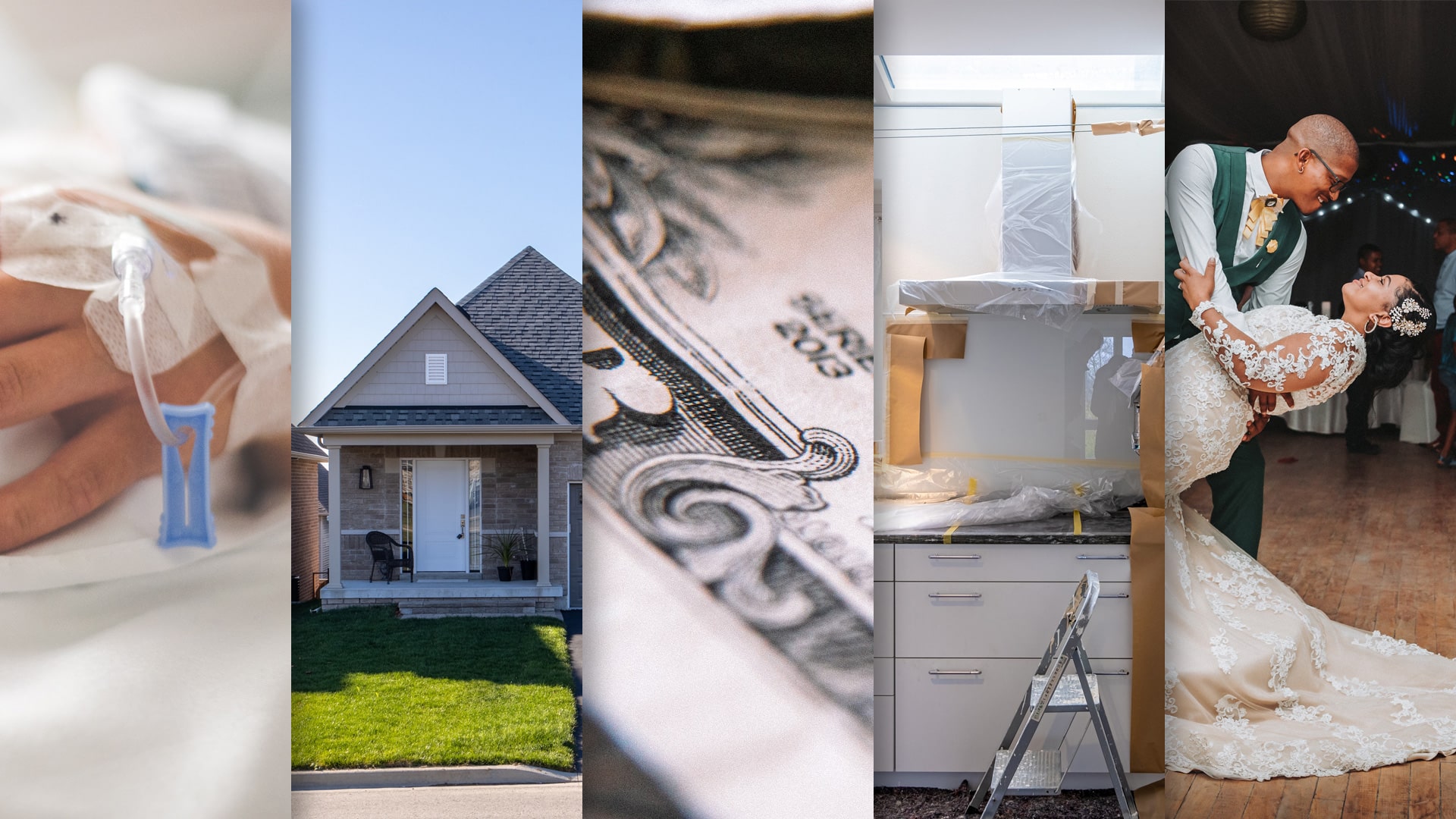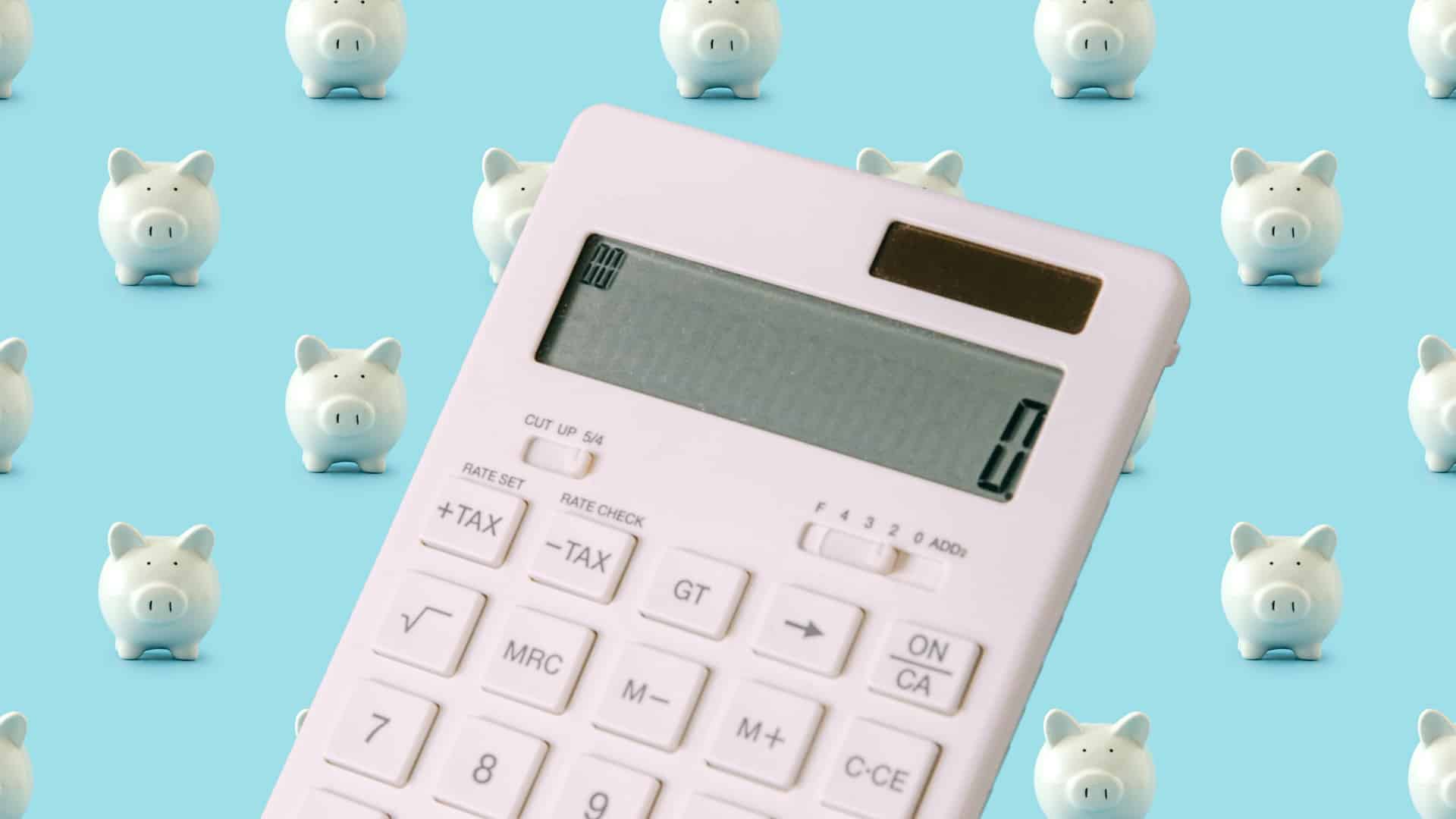Most products on this page are from partners who may compensate us. This may influence which products we write about and where and how they appear on the page. However, opinions expressed here are the author's alone, not those of any bank, credit card issuer, airline or hotel chain.
There's no way around it: weddings are expensive. The average cost of a wedding in 2022 was $28,000, according to Zola's First Look Report. And that number is projected to increase to $29,000 for 2023.
Most of us don't have that kind of cash, but other options exist to pay for a wedding. One of the easiest and quickest options is to get a loan. Done right, a loan can make your wedding dreams a reality. But if you don't plan appropriately, it could put your finances or even your new marriage on the rocks right out of the gate.
Here's what you need to know to determine whether a personal loan fits your wedding plans.
What Is a Wedding Loan?

First, "wedding loan" is not an official term. It's not like a car or a student loan, which are only designed for those things and have special rules.
Generally, a wedding loan is any type of loan you use to fund your wedding. Most people use personal loans since these are general-purpose loans that can be used for almost anything, including weddings.
You can use a personal loan to pay for any wedding expenses:
- Rings
- Venue
- Catering
- Honeymoon
- Decorations
- Entertainment
- Photographer
- Invitations
- Hair and makeup
- Wedding dress and tuxedo
- Travel for destination weddings
Many personal loan lenders rebrand their general-purpose personal loans into specific uses, even though they're all the same thing. For example, popular lenders like LendingPoint offer loans for debt consolidation, home improvement and weddings, even though they're generally the same.
Best Wedding Loans
If you've done the work and figured out that a personal loan makes sense for you, there's no shortage of options to choose from. There are thousands of personal loan lenders out there. We break down a few of the best wedding loans to choose from.
- Best for Low Rates: LightStream
- Best for Bad Credit: Upgrade
- Best for Small Loans: LendingClub
- Best for Fast Funding: LendingPoint
Loan results will vary based on creditworthiness, loan purpose, loan amount, and other factors.
Best for Low Rates
LightStream
- Loan Amounts$5,000 – $100,000
- Loan Terms24 – 144 months
- APR Range7.49% – 25.49% (with autopay)
- Minimum
Credit Score660 or aboveA credit score is used to indicate the creditworthiness of an applicant, but it is only one of several factors considered for approval. These credit scores alone are not guarantees for approval and should only be used as guidelines.
LightStream is a solid online lender offering no fees, high loan maximums and low-rate personal loans for several purposes.
Overview
LightStream offers personal loans for several purposes, including debt consolidation, medical expenses, home improvement, weddings, car purchases and more, making this worth considering for those seeking flexibility. The lender offers relatively low rates compared to competitors, including autopay discounts. Its personal loans also have no origination fees or late fees, which can help keep borrowing costs low. However, borrowers will likely need to have good-to-excellent credit in order to be approved for a LightStream personal loan. Overall, it’s a good lender to add to your shortlist if you’re looking for flexible funding, no fees and a low APR. Lightstream may also disburse loans as soon as the same day you’re approved, making this lender a worthy choice if you need fast funding.
Pros
- Low minimum APR
- No origination fees, no late fees
- High loan maximum of $100,000
- Autopay discount
- Joint applications allowed
Cons
- Rates and terms vary by loan purpose
- No soft pull prequalification
- Must have good-to-excellent credit
- No physical branches
Best for Bad Credit
Upgrade
- Loan Amounts$1,000 – $50,000
- Loan Terms24 – 84 months
- APR Range8.49% - 35.99%
- Minimum
Credit Score560 or aboveA credit score is used to indicate the creditworthiness of an applicant, but it is only one of several factors considered for approval. These credit scores alone are not guarantees for approval and should only be used as guidelines.
Borrowers with less-than-stellar credit profiles may find Upgrade personal loans accessible, and its quick funding and flexible payment due dates convenient.
Overview
Upgrade offers personal loans that are accessible to those with not-so-ideal credit scores. The low loan minimum of $1,000 also makes it an easy choice for those with small financing needs. However, borrowers in certain states will be subject to higher minimum loan amounts. With this lender, you can expect to pay an origination fee. Borrowers can view their rate before applying without impacting their credit score. Overall, Upgrade is worth considering if you’re looking for a lender that is willing to work with lower credit scores and offers loans with competitive rates and flexible terms.
Pros
- Accessible to borrowers with bad credit
- Flexible loan terms
- Joint applications allowed
- Secured loan options
- Direct payment to creditors
Cons
- Has origination fees
- No physical branches
- Higher APRs than some competitors
Best for Small Loans
LendingClub
- Loan Amounts$1,000 – $40,000
- Loan Terms24 – 60 months
- APR Range9.57% – 35.99%
- Minimum
Credit Score600 or aboveA credit score is used to indicate the creditworthiness of an applicant, but it is only one of several factors considered for approval. These credit scores alone are not guarantees for approval and should only be used as guidelines.
Borrowers in the fair credit range who need a small loan can appreciate LendingClub's quick funding and option for direct payments to creditors with debt consolidation loans.
Overview
LendingClub can be a good fit for those looking to consolidate high-interest debt, as they offer the ability to pay your creditors directly from your loan. You can also use LendingClub loans for almost any purpose, from home improvements to medical bills. Eligible borrowers who need some assistance qualifying can apply for a joint loan, and borrowers can expect to receive funding as soon as 24 hours after approval. However, APRs do start at relatively higher rates than some competitors.
Pros
- Low minimum loan amount
- Fast funding for personal loans (receive funds as little as 24 hours after approval)
- Joint loans allowed
- Direct payment to creditors
- Check rates without a hard credit inquiry
Cons
- Has origination fees
- No physical branches
- Lower maximum loan amount than some lenders
Best for Fast Funding
LendingPoint
- Loan Amounts$2,000 – $36,500
- Loan Terms24 – 72 months
- APR Range7.99% – 35.99%
- Minimum
Credit Score600 or aboveA credit score is used to indicate the creditworthiness of an applicant, but it is only one of several factors considered for approval. These credit scores alone are not guarantees for approval and should only be used as guidelines.
LendingPoint offers fast personal loans with flexible credit requirements, making it accessible for borrowers with less-than-ideal credit.
Overview
LendingPoint uses technology to help evaluate potential borrowers and has more flexible credit score requirements than some competitors. Its personal loan APRs are fairly competitive, and loan funds can be disbursed in as soon as one business day. However, borrowers may need to pay an origination fee, ranging from 0% to 8% of the total loan amount. Still, LendingPoint’s low minimum credit score and lengthy maximum repayment term make it a compelling offering.
Pros
- Fast funding available
- Low minimum credit score requirement
- Long repayment terms up to 72 months
Cons
- Relatively low maximum loan amount ($36,500)
- No physical locations
- Origination fee may apply (0% to 8%)
Pros and Cons of Getting a Wedding Loan
Pros
- Can make your wedding dreams possible
- Generally cheaper than using credit cards
- Able to get money relatively quickly and easily
- Can help you build credit if you always make your payments on time
Cons
- Can be expensive if you have bad credit
- Can seriously damage your credit if you pay late or default
- May lead you to spend more than you otherwise would have
 Related Article
Related Article
How to Prequalify for a Personal Loan, and Why It Can Be a Good Idea
How Much Do Wedding Loans Cost?

Since you expect a wedding to be expensive, it's sometimes easy to lose sight of one's finances. While we all want our one-day event to be extra special, you could be paying for that wedding for months or even years if you're not in tune with the costs. Here's what you need to know so you can make an informed decision about whether a loan is worth it financially for you and your new spouse:
APRs
The ongoing cost of a personal loan is measured by its annual percentage rate (APR). According to the Federal Reserve, the average APR for a 24-month personal loan was 11.23% in November 2022.
The APR a lender offers you on your own loan could be very different depending on your credit score, credit history, how much you're borrowing and how long you're borrowing it for. Make sure to compare loans based on the APR and not the interest rate alone as you shop around. An APR also includes fees so it's a better measure of the overall cost of the loan.
Origination Fees
Origination fees are one-time costs lenders charge to process your loan. For personal loans, they generally range between 1% and 8% of the loan amount. Some lenders waive this fee, especially if you have a good credit score.
If you are charged an origination fee on your loan, it may be tacked on as an extra fee (so the amount you're borrowing is larger), or it could come out of the loan proceeds itself (so you'll get a smaller check than you applied for). This is important to check with your lender to ensure you're getting the right loan amount you need to pay for your wedding. Learn more about other personal loan fees to watch out for.
Monthly Payment Amount
It helps to put a loan into context for your long-term plan. If you financed the entire cost of an average-priced wedding ($28,000) at the average loan interest rate (11.23% APR) with no origination fees and a 60-month term length, you'd be looking at a payment of $612 per month, for the next five years.
By the time you paid it off, you'd have spent $8,720 in interest — money that could have gone to other things, like a house down payment, a retirement fund for your golden years or saving for your kid's education.
How to Apply for a Wedding Loan
If you need a personal loan for a wedding, one of the advantages is that you usually have a longer timeline before you need the money. You can take the time to fully scout your options before deciding. You don't always have that luxury compared to others who use personal loans for emergency expenses, for example. Here's how to get started when you're applying for a wedding loan.
- Do a marriage budget analysis: Whether combining finances or staying separate, it's best to know what your formal budget will look like after you're married. After all, you'll be making big changes, and what you can afford today will be different after you're married. Figure out how much extra you'll have in your budget as a married couple so you know the cap on what you can afford for a monthly payment.
- Figure out how much you need: You've probably been planning your wedding for a long time. Get some estimates for the total cost and how much of that you'll need to finance. You can use a personal loan calculator to see how much the monthly payment compares to the wedding budget cap you set, but remember: every dollar in your budget that goes toward debt payment is one dollar less that can go toward your married life.
- Check your credit score: Check your credit history on each of your three credit reports. Look for inaccuracies so that you have time to get them fixed before you're ready to apply for a loan. It's also a good idea to check your credit score to know the interest rates you can expect.
- Get pre-qualified and shop around: Set aside a few hours to shop around. Make a list of personal loan lenders to consider; you can check online and at local banks and credit unions. It's pretty quick to check your interest rate with most lenders, letting you narrow down the best options once you're clear on what you need.
- Apply for the loan: Go back to the lender with the best interest rates and terms, and complete your application. Stay tuned in case they need any more information from you. You may be able to apply with your spouse as a co-borrower or co-signer, or you may need to apply alone; it depends on the lender's policies.
- Sign up for autopay: If you're approved, make sure to sign up for autopay right away. Enjoy your big day, and the autopay will ensure you never miss a payment on your loan until it's all the way paid off.
Alternatives to Wedding Loans

Starting out your married life in debt isn't ideal. According to a 2022 poll from National Debt Relief, being married to someone in debt was ranked as a "major reason" to consider divorce by 54% of respondents. With major economic events of recent years due to COVID-19, even more people are worried about money than ever before:
The good news is that passing on a loan doesn't necessarily mean you're doomed to a bare-bones courthouse wedding. There are lots of other ways to finance your wedding and most people rely on several of these methods:
Ask Family for Financial Support
Asking your parents for help isn't an option for everyone, but it is the most common way to finance a wedding. Families generally cover about 52% of the average wedding cost, according to 2021 data from The Knot.
Save Your Own Money
Again, having a long lead time before your wedding is extra handy because it gives you more time to save. Here's a good strategy to use:
- Estimate your wedding costs
- Divide by the number of months between now and your wedding
- Set this up as an automatic transfer each month into a high-yield savings account
For example, if you've got 10 months to go before your wedding and you can pay for all but $1,000 of your wedding budget, saving up $100 per month will get you there.
If it's not enough, don't worry — you still have options to save. Sit down and start a budget so you can find expenses to cut (it's great to plan another budget for after you're married too). Look for extra ways to earn money, such as by selling things in your home, doing side gigs or taking on a temporary part-time job. Many couples choose to extend their engagement, giving them more months to save up.
Use a 0% APR Credit Card
If you don't need that much extra cash, opening a new credit card with an intro 0% APR offer could be an option instead of a loan. These card promotions often offer a year or more with no interest. If you set up a plan to pay everything off in full by the time the interest kicks in, it's essentially an interest-free personal loan.
Crowdsourcing
Some couples opt for community support through websites like GoFundMe. This allows you to collect funds without having to take on any debt. But remember — one of the highlights of a wedding is the registry and wedding gifts. If you're already asking friends and family to chip in for the wedding, you may not get as many gifts to launch off your new married life.
Find Ways to Save on Your Wedding
You're not the first person to gasp at the cost of a fairytale wedding. There's a whole world of articles, YouTube videos, blogs and other resources available for finding ways to save on your wedding expenses. Common tidbits of advice include scaling back your guest list, choosing a less-popular date, finding affordable up-and-coming photographers and other wedding support professionals looking to beef up their own portfolios.
 Related Article
Related Article
How Your Credit Score Could Rise or Fall from a Personal Loan
FAQs
-
Yes. As with any personal loan, many lenders will offer wedding loans to people with a bad credit score. Some lenders even specialize in bad credit personal loans. But keep in mind that you’ll usually need to pay a higher interest rate and fees and you may be restricted in how much you can borrow or how long you can borrow it for.
-
It depends on the lender. Some lenders offer wedding loans up to $100,000 or more to people with the right qualifications. Remember, though, that the more you borrow, the less financial resources you’ll have available after the wedding and your new life together begins.
-
Yes, you can generally use a wedding loan to pay for anything wedding-related, including rings, venue rentals, decorations, catering and even the honeymoon.
-
Yes, you can pay for a wedding dress with a personal loan. You can also pay for other apparel expenses, such as tuxedos and accessories.
-
Getting the best rate on a wedding loan boils down to one thing: shop around. Check your rate with as many lenders as possible, including online lenders, credit unions and banks.


